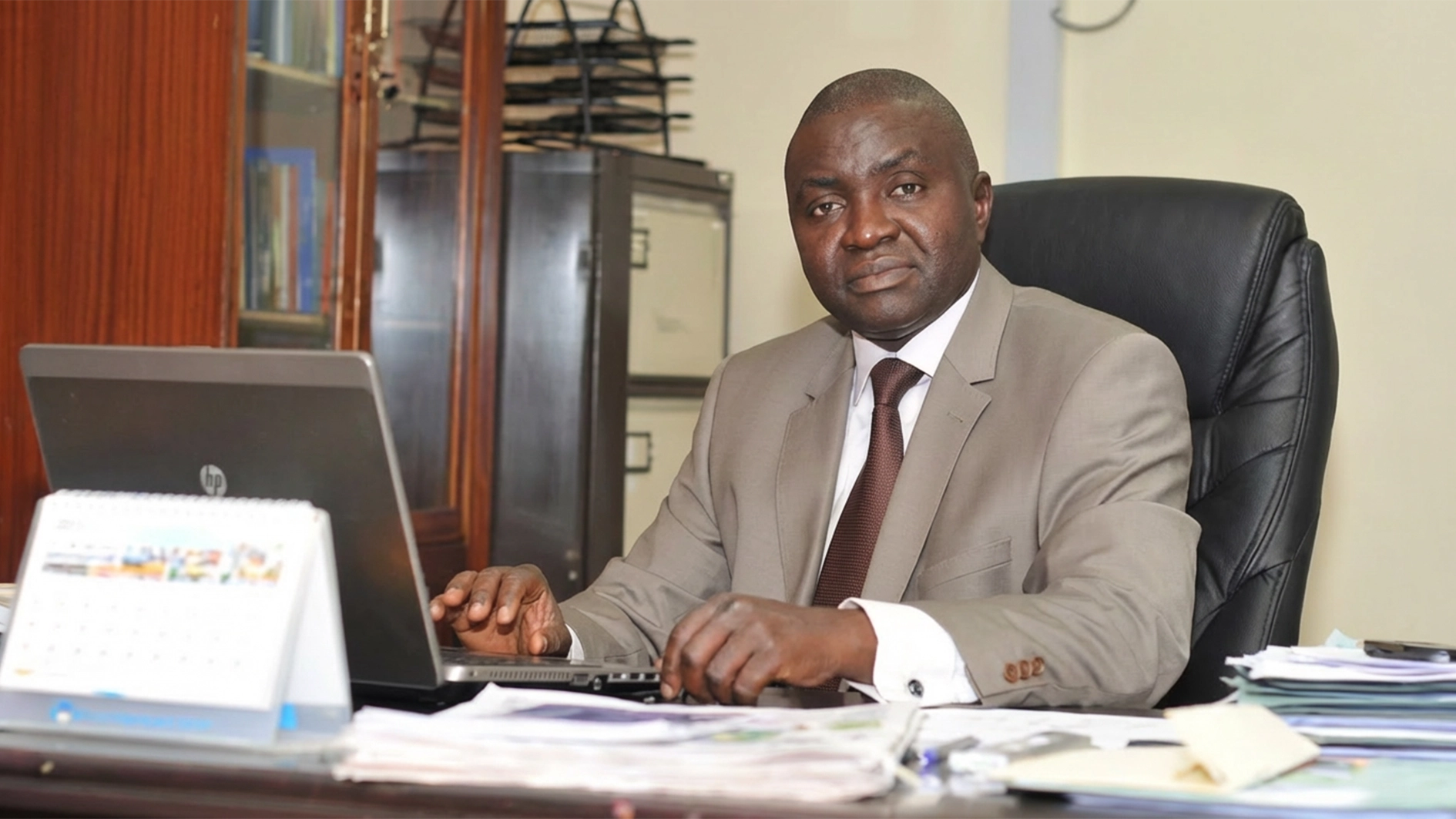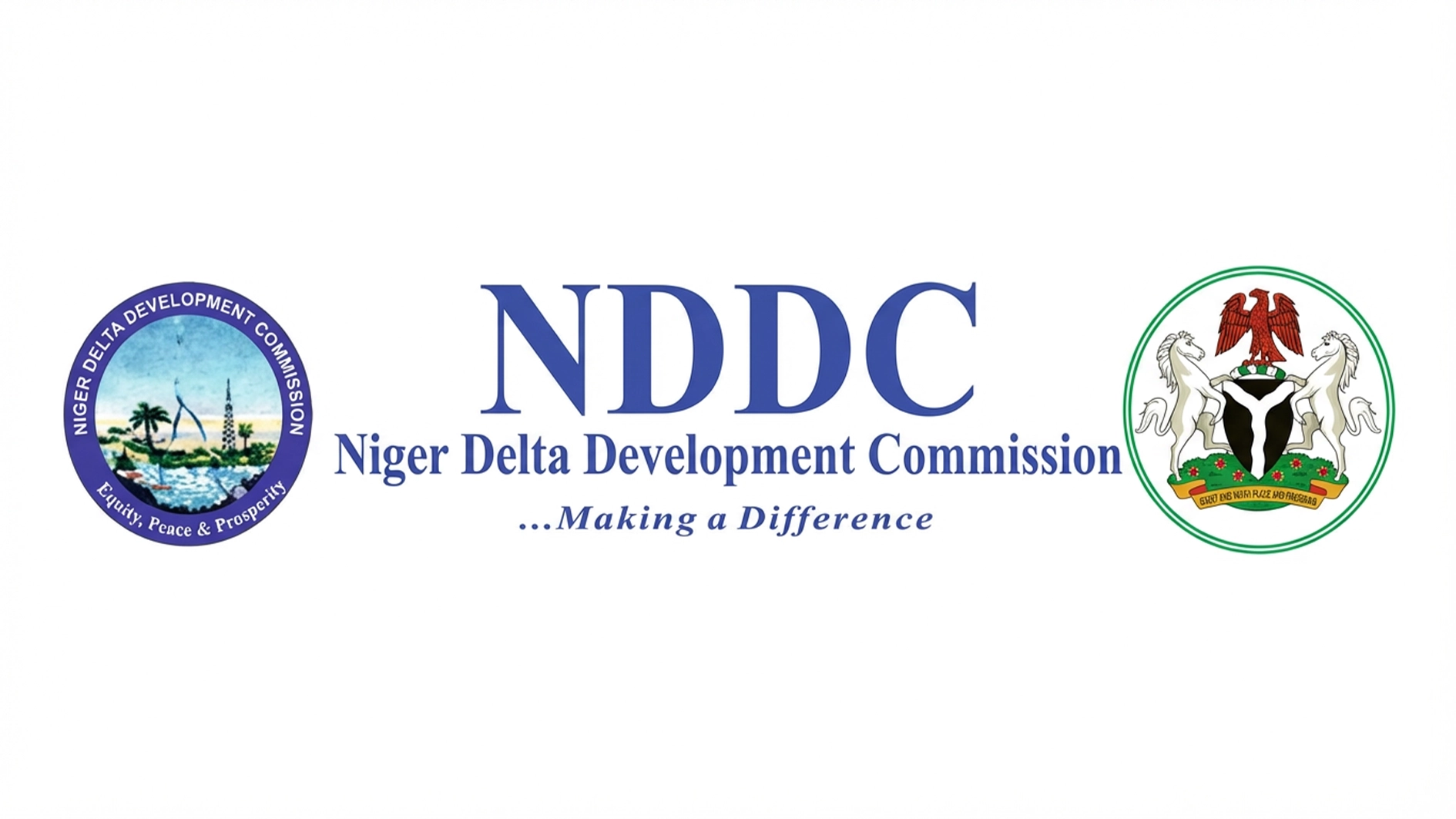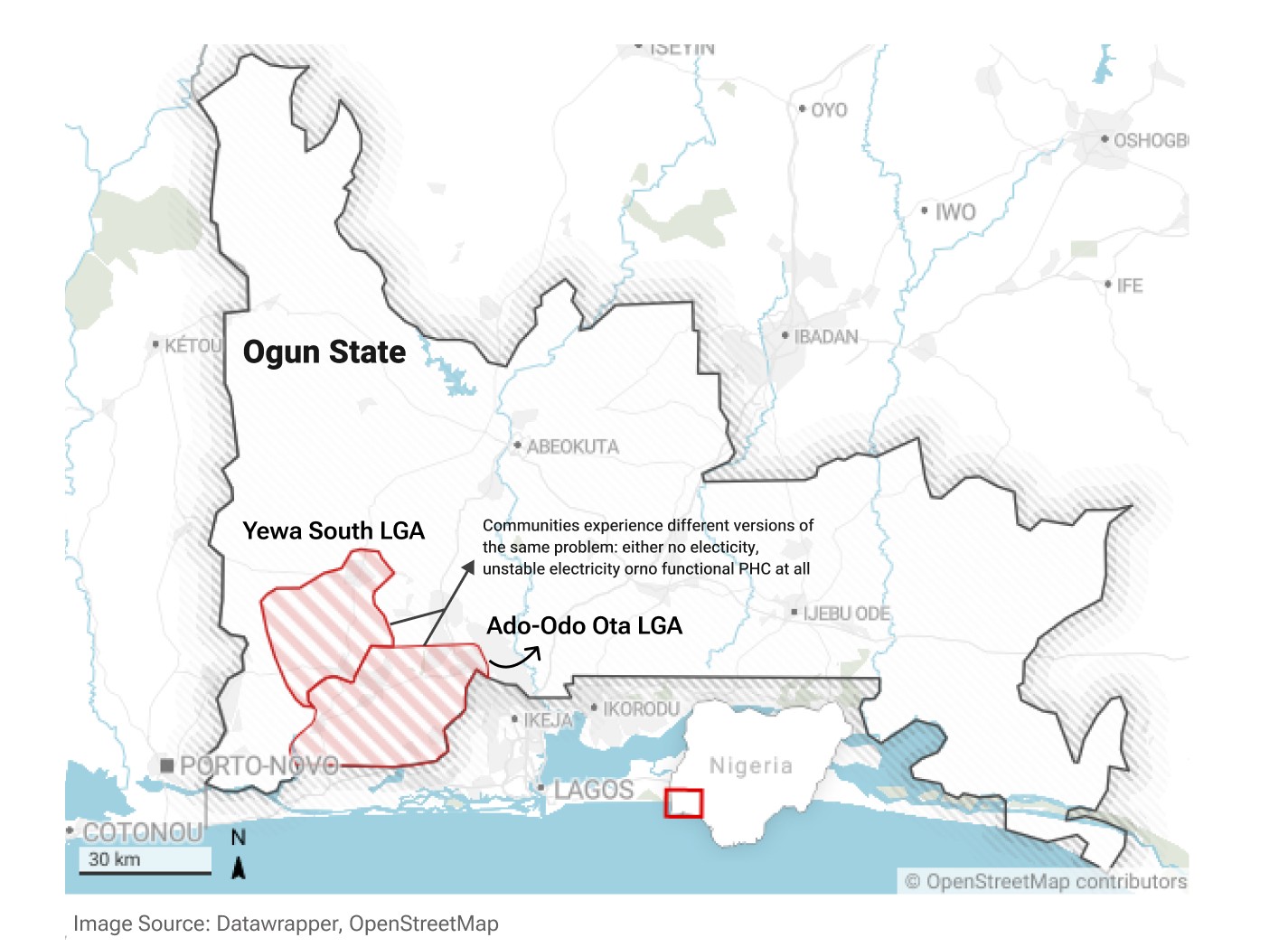Public affairs analyst and Executive Director of Development Specs Academy, Dr. Okey Ikechukwu, has said the emerging opposition coalition lacks the strategic coherence needed to displace the All Progressives Congress (APC) in the 2027 general elections.
Speaking during a televised interview on Arise TV, Ikechukwu described the coalition as a grouping of politically ambitious individuals with no shared ideological framework or coordinated grassroots structure.
Ikechukwu noted that beyond high-profile meetings in Abuja and Lagos, there is little evidence of groundwork or party alignment at state or local levels to support the coalition’s national ambitions.
He said, “You cannot have a coalition of people who are not only disgruntled, but all of them have had very disturbing relationships with each other in the past, have ideological differences, and nearly all of them are angling for the position—who will step down for the other. Secondly, all this talk about coalition we are talking about, apart from Abuja, Lagos, and maybe press releases, what efforts are being made at the levels below the national, even the periphery of the national, to create some kind of understanding, some kind of building—building backwards a look. Let’s go to our party members in the state and tell them it is in our interest to do this. They want to form a coalition at the top, and with it rule Nigeria. So that is problem number one.”
He cited internal contradictions within the group, including tensions between key figures like Nasir El-Rufai and Babachir Lawal over the Muslim-Muslim ticket, and differing ambitions from Atiku Abubakar, Rotimi Amaechi, and David Mark. According to him, such dynamics are more likely to lead to negotiations over positions than serious policy discussions.
He said, “Problem number two, look at the relationship between nearly all of them. Remember that El-Rufai has the challenge of the Muslim-Muslim ticket. Then, Babachir is a die-hard Christian. Many people think that Atiku Abubakar should step down. Rotimi Amaechi is on the table, and some of us are not entirely sure what he’s bringing to that table. David Mark is there also, three-time Senate President with a lot of clout, among other things. Pick a room where all of them are sitting together to form a government for the Federal Republic of Nigeria. How will the conversation go? What are the policy issues they will bring up? They are likely to discuss positions. Who will be vice president?
It’s not about development, even though the intention on the table—on the pretext—is development. Their concern is to remove the APC government. Supposing, for instance, in doing this, they are telling us, this is what we want to put on the table once we get rid of the APC. You see, there will be a basis for conversation.
“But to sound very angry, to tell us, Nigeria—all of us—are suffering, we know that, including those who are telling us that we are suffering. What do we intend to do about it? What are the alternative policies? What strategies are in place? The parties in which you are today—are they doing well? Is there internal democracy in those parties? The states where your party is governing today—are they doing well? Are the governors exceptional? When you consider all of this, then that’s why I look at the whole coalition talk with a lot of pessimism.
“For the simple reason that, whereas it would be wonderful for them to displace the APC and replace the APC by some or whatever name they choose to call the party, the question I ask myself is: are they really preparing to do that?
“There’s a difference between engagement and strategic engagement. You want to deal with the rain and a leaking roof, and you bring only buckets. You’re not thinking of replacing the roof. They are not being strategic, and the profile of the individuals involved presents a double-barrel negative challenge for all of them.
“So that’s at the level of the matter of the coalition. They may pull it off, but I really need to see what they’ll do that will be so strategic as to displace a man who put all of them on the table, gave each of them 24 strokes of the cane, despite everything put in place for him, and became president. Now that he’s president, he will also now probably be in the balcony drinking, and then you replace him.
“They should prepare for a fight if they are serious, and I don’t see them being sufficiently strategic to do that. But the effect of what I’m saying is that it should then probably annoy them into designing a fantastic strategy for displacing the APC. But as it is now, I don’t see that strategy.”
Turning to the Labour Party and the Obidient movement, Ikechukwu said their growing popularity, especially among youth and in the Southeast, has yet to translate into political infrastructure capable of winning national elections.
“There are no polling booths on the internet. Polling units are on the ground and must be manned by party agents,” he said, criticising the movement for what he described as self-congratulatory behaviour rather than building sustainable political structures.
He acknowledged that the movement made a strong showing in 2023, including winning Lagos, but questioned their ability to secure and translate those votes into actual political gains. “You got the votes. But did they come into your pocket? If not, what are you doing about it?”
Ikechukwu also addressed the Labour Party’s stance on not giving money to supporters, suggesting that this principle should be reinterpreted to distinguish between bribery and legitimate campaign expenses. “When you refuse to provide basic logistics for volunteers, you make them vulnerable to rivals who will,” he said.
He urged the movement to define its ideological goals, develop functional structures at the grassroots level, and institutionalise clear funding mechanisms. “There is no narrative anymore. The conversation must migrate from Peter Obi’s personality to the ideals his leadership would represent,” he said.
On the broader challenge of replacing APC, Ikechukwu warned against relying on public anger or mass approval alone, saying the ruling party succeeded in 2015 through a well-planned, multi-pronged strategy.
“If you want to take on someone like Tinubu, you must prepare for a real fight—not a rhetorical one. The idea that applause will win you the presidency is delusional,” he said.
Ikechukwu concluded that while the opposition coalition may still gain traction, it must overcome deep internal contradictions and adopt a coordinated, long-term strategy if it hopes to defeat APC in 2027.






